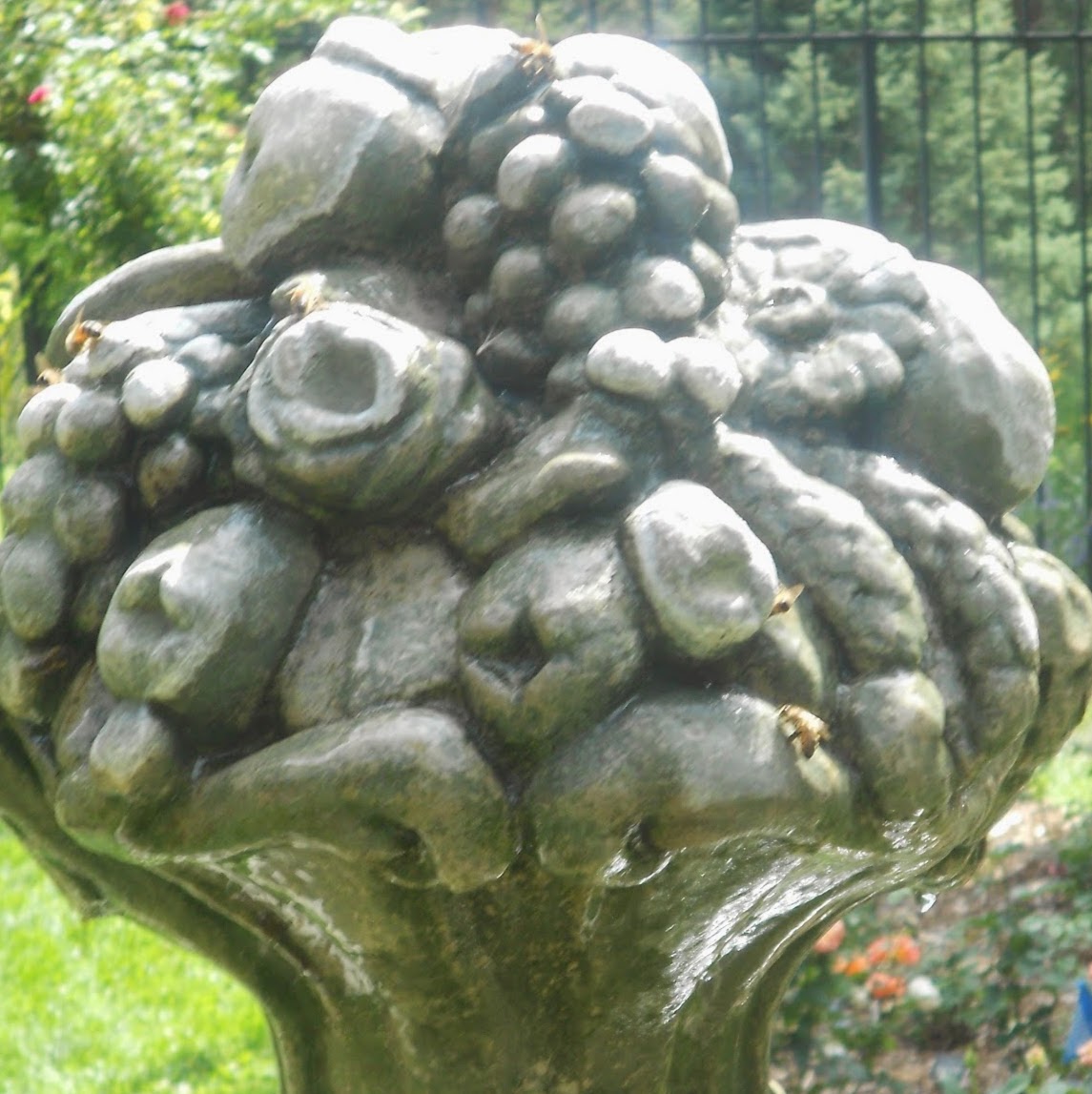Unconventional Leadership Characteristics
Unconventional leaders are differenet because they actively engage these struggles. They cultivate the following personal characteristics:
- Courage: With courage, the right thing will be done even if it proves personally difficult for the leader. Courage is what propels a leader to take an unpopular, but right, stand. Courage is what enables good leaders to make decisions in times of uncertainty and ambiguity. Courage is what allows good leaders to acknowledge and grow from mistakes.
- Integrity: This means two things – one is honesty. A willingness to be known authentically. The other is a sense of ‘soundness’ or ‘solidness.’ Quotes, proposals, partnerships, product, services can all be trusted. Not because of good sales or websites – but because there is a consistency in quality and service.
- Stewardship: The core concept of stewardship is the deep understanding that “I don’t own all of this – I’m accountable to someone.” Even for the private business owner, your staff invest 40 of the best hours of their week for your business. Your customers have invested trust in you. Ethical leaders operate from a sense of stewardship and so they don’t just do whatever they want. They are aware that are responsible to others.
- Humility: As referred to above, Jim Collins discovered the ‘difference that made the difference’ between consistently high performing organizations and all others was the presence of humility in leadership. Highly successful organizations had leaders who were experienced by others as personally humble but fiercely ambitious for the good of their organizations. So, this isn’t head drooping, shoulder slumping, milquetoast humility. This was, essentially, a kind of humility that comes out of a person who says “I’m working for you.” As opposed to “You are working for me.”
- Care for Others: Ultimately, co-workers, staff, customers, clients, beneficiaries – all want to know that you actually care about them. The presence of that care allows an environment where people can flourish. The lack of it attracts people who, for lack of choice or unresolved personal issues are either willing to be abused or enjoy learning how to become abusers. Strong words – but a work environment where people don’t feel valued or cared for is essentially that. It is using people and people experience being used as abuse.
A Thought Experiment
Reflect back on the leader who has most frustrated or dissappointed you. How many of the above tendencies did they demonstrate? How many of the above characteristics? I'd be willing to wager that these negative leadership experiences were defined more by leaders who gave into tendencies then leaders who had forged their character.
Now reflect on the leader you admire most. My guess is this individual probably demonstrated more of the above character traits as opposed to giving in to tendencies.
Character matters in a practical, functional way. It isn't just a question of preferance. As leaders - we lead out of who we are. We influence out of who we are. The more power or influence we have – the more of ‘who we are’ is magnified. That’s why it matters, as leaders, that we take seriously the cultivation of our character. Others depend on it.

No comments:
Post a Comment